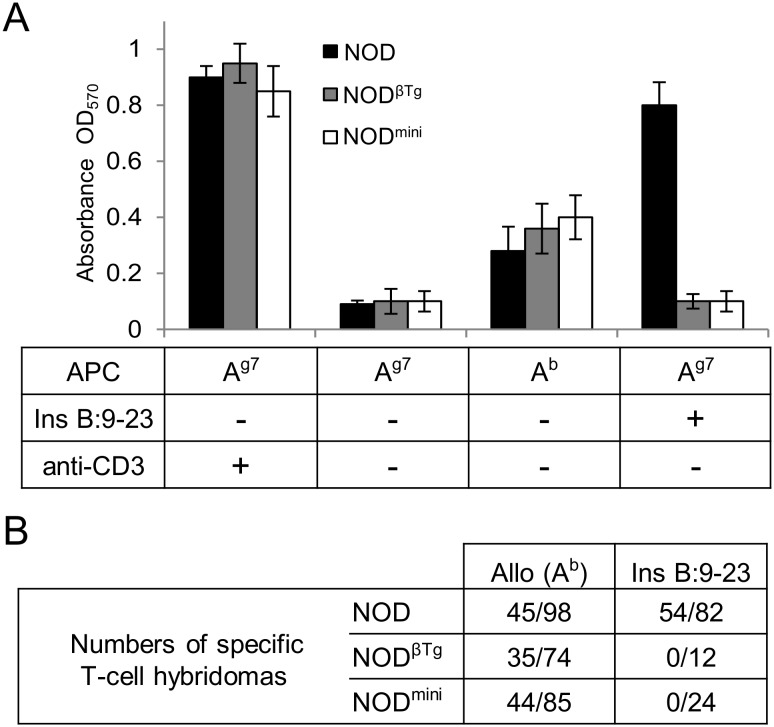Figure 3. Lack of response to insulin B:9–23 peptide in transgenic NOD mice.
(A) 5×104 of CD4+ T cells sorted from lymph nodes of NOD, NODβTg and NODmini mice were cultured in the presence of 5×105 splenocytes from NOD.TCRα−/− (Ag7) or B6.TCRα−/− (Ab) mice and soluble anti-CD3 (1 µg/ml) or insulin B:9–23 peptide (50 µg/ml), as indicated. Proliferation of cells was measured after 3 days by MTT assay [38]. Experiments were done twice with 3 mice per group. (B) T-cell hybridomas specific to allo-antigens or insulin B:9–23 peptide were generated from indicated mice. For generation of B:9–23 specific hybridomas, mice were immunized with the peptide 7 days prior to isolation of lymph nodes for in vitro blasts generation [38]. Generated hybridomas were tested for their ability to respond to syngeneic (NOD.TCRα−/−) or allogeneic (B6.TCRα−/−) splenocytes with or without B:9–23 peptide or anti-CD3. Table shows numbers of identified hybridomas specific to indicated antigens and numbers of hybridomas responding to anti-CD3 stimulation. Table is representative of 3 independent experiments with two mice per group.

